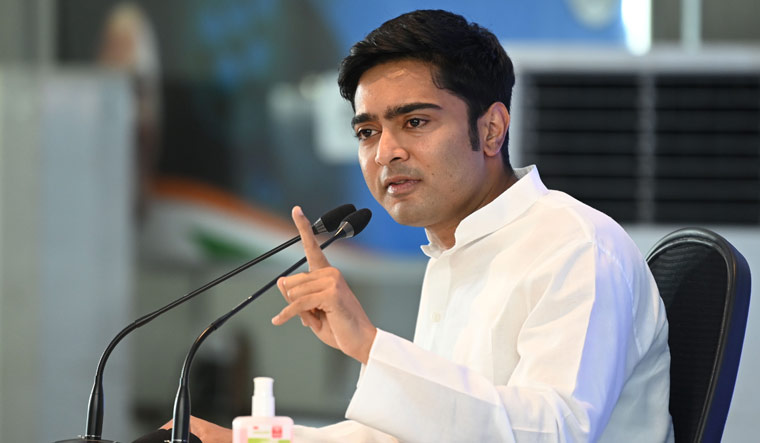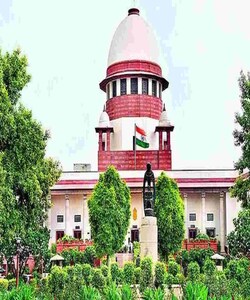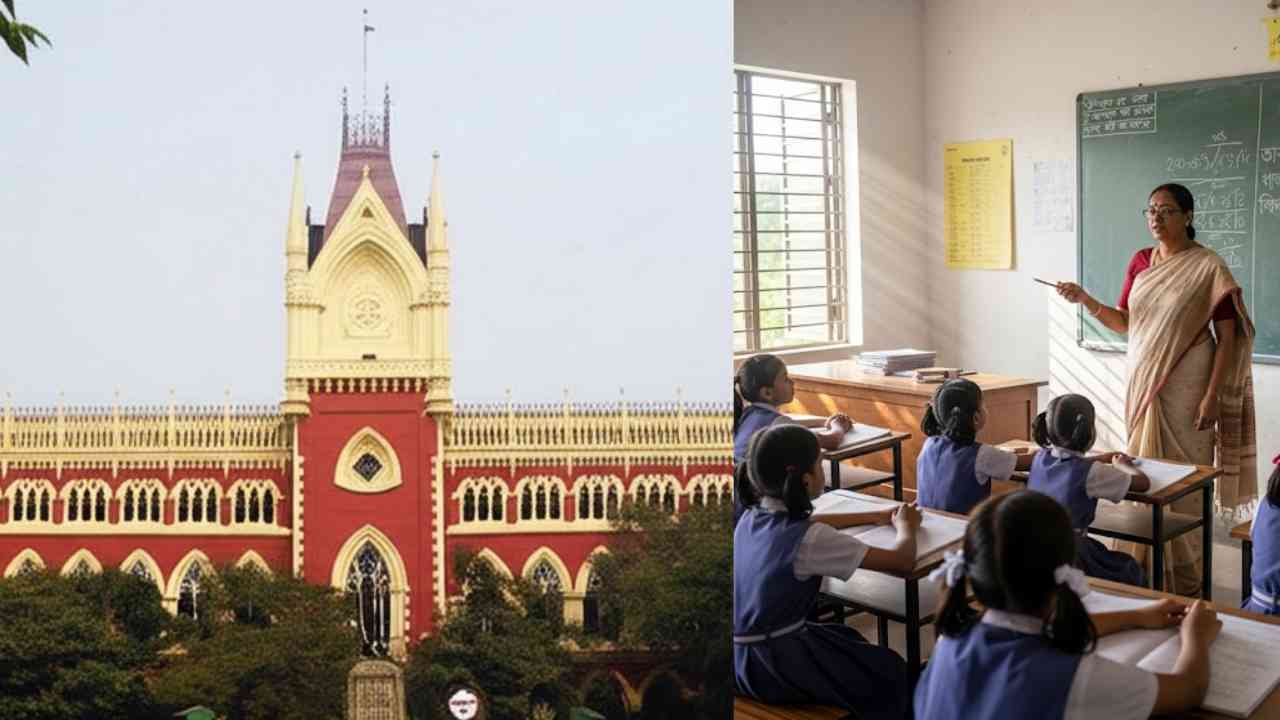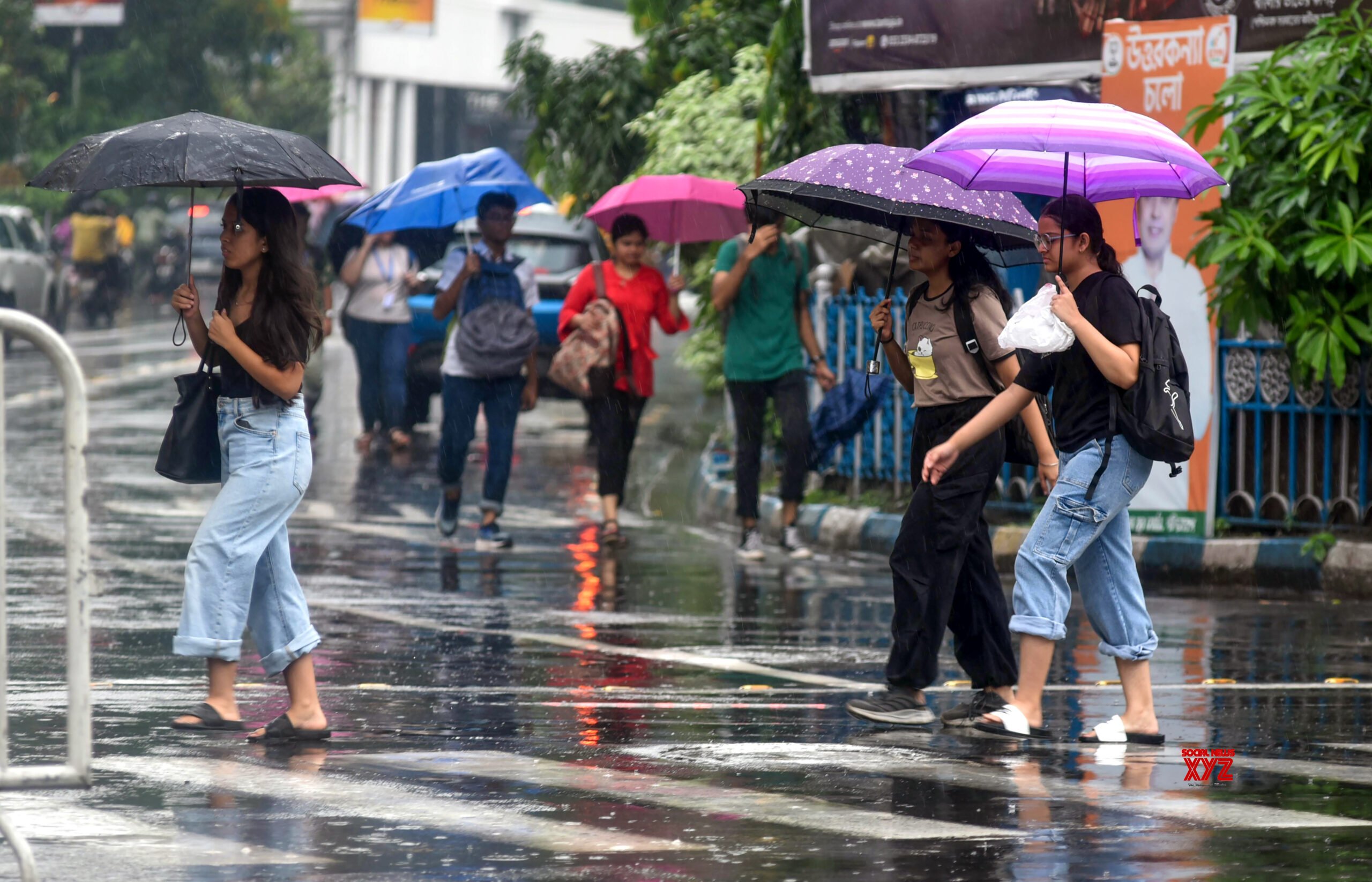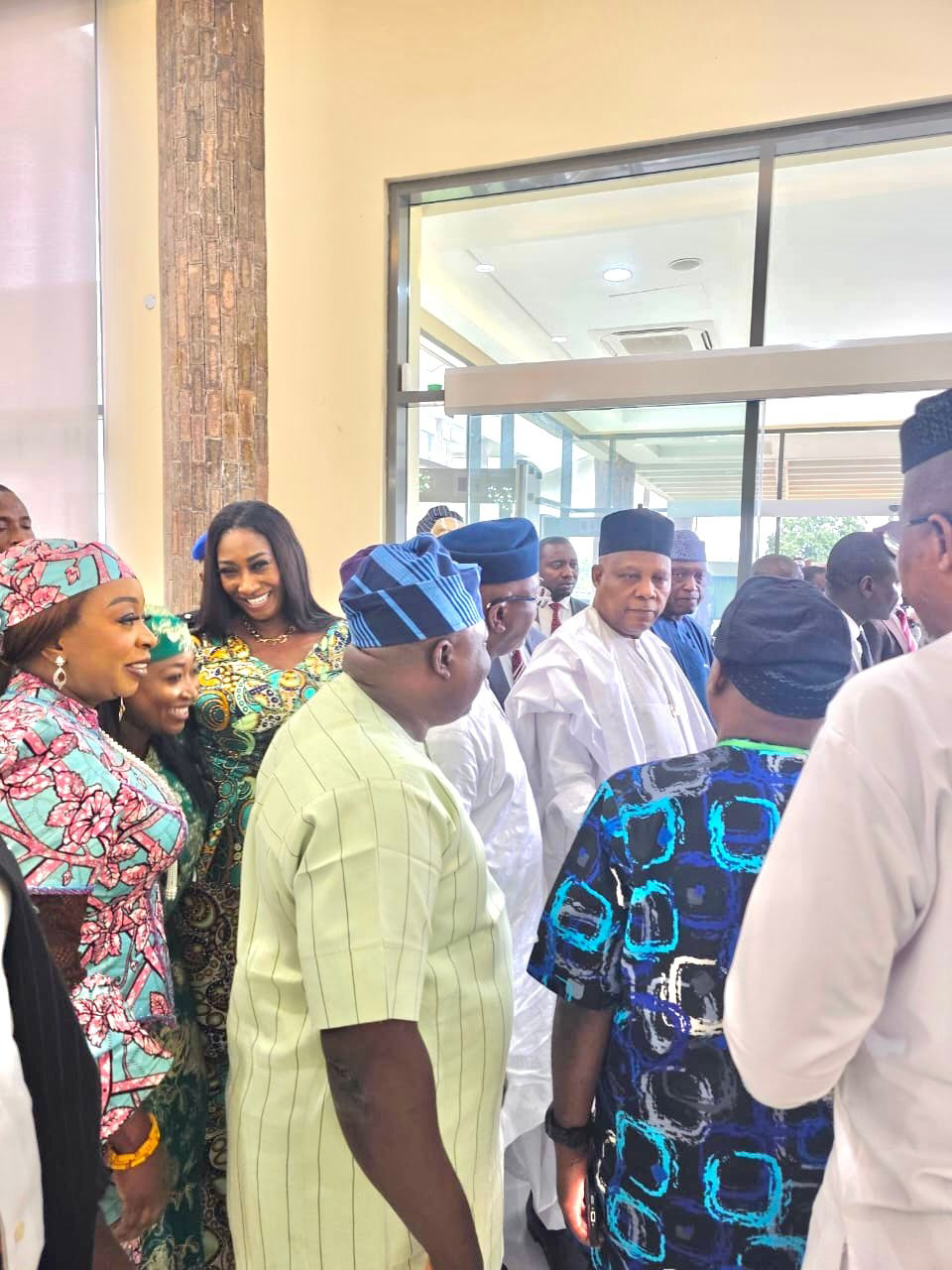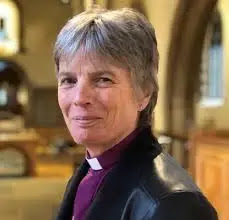The Trinamool Congress currently holds 29 seats in the Lok Sabha. Sudip Bandopadhyay, a senior leader and long-time Lok Sabha face of the party, has been absent from parliamentary proceedings in recent months due to persistent health issues. His absence during the ongoing session of Parliament and his prior removal in May as the North Kolkata district unit president — amid rising local-level discontent — had already hinted at a possible shift.
During the virtual meeting, Mamata Banerjee cited Sudip’s medical condition as the key reason for the change. “Given that our Lok Sabha leader, Shri Sudip Bandyopadhyay, is unwell and undergoing medical treatment, the MPs have unanimously decided to entrust Shri Abhishek Banerjee with the responsibility of leading the party in the Lok Sabha as the leader of the party until Sudip da returns to good health,” she stated.
Abhishek Banerjee’s appointment marks a symbolic and strategic generational transition within the party. Often seen as Mamata Banerjee’s political heir, Abhishek will now wield significant influence over the party’s functioning in the lower house — including deciding who speaks on which subjects and when. The final list of speakers and topics will be shown to Mamata Banerjee, but Abhishek will serve as the operational head for all Lok Sabha proceedings going forward.
This change follows an evolving pattern of leadership transition within the party, where responsibilities are gradually being transferred to younger leaders. A similar process was initiated when Abhishek first raised the idea of “rotation” based on age and performance. Observers within the party suggest that the broader goal is to prepare the next generation of leadership while ensuring continuity of the party’s core vision and control under Mamata Banerjee.
The reshuffle also brings into focus the health of other senior Trinamool leaders. Veteran MP Saugata Roy, another influential figure, is currently hospitalised and has not attended the current Parliament session even once. This has led to mounting concerns within the party regarding the active roles of its ageing leadership.
According to the Trinamool’s organizational structure, the party maintains two separate parliamentary leaders — one for each house of Parliament. Derek O’Brien continues to lead the party in the Rajya Sabha, while Abhishek Banerjee now assumes leadership in the Lok Sabha. However, Mamata Banerjee remains the overall chairperson of the Trinamool’s parliamentary wing in both houses, retaining supreme authority over strategic decisions.
The reshuffle, though anticipated by many, comes at a politically crucial juncture — with Assembly elections due in early 2026 and opposition unity efforts under the INDIA alliance gaining momentum. Abhishek, who is also seen as the bridge between Trinamool and the broader opposition bloc, is now expected to amplify the party’s presence and assertiveness at the national level.
Political analysts note that while Abhishek’s ascendancy represents continuity with change, it may also hint at a shift in the balance of power within the party. Over recent years, Abhishek has occasionally appeared to chart an independent path, sometimes diverging from the party mainstream, leading to speculation over his growing clout. His formal elevation in the Lok Sabha is likely to reinforce that perception.
For now, Sudip Bandopadhyay is expected to return to parliamentary duties after regaining health, but there is growing sentiment that this may be the beginning of a wider reshuffle affecting other senior MPs and MLAs in the months ahead.
With Mamata Banerjee signaling support for this generational shift and entrusting greater responsibilities to her nephew, the Trinamool Congress appears to be moving towards a restructured leadership model — one that balances experience with youthful dynamism, in preparation for both state and national electoral battles.


